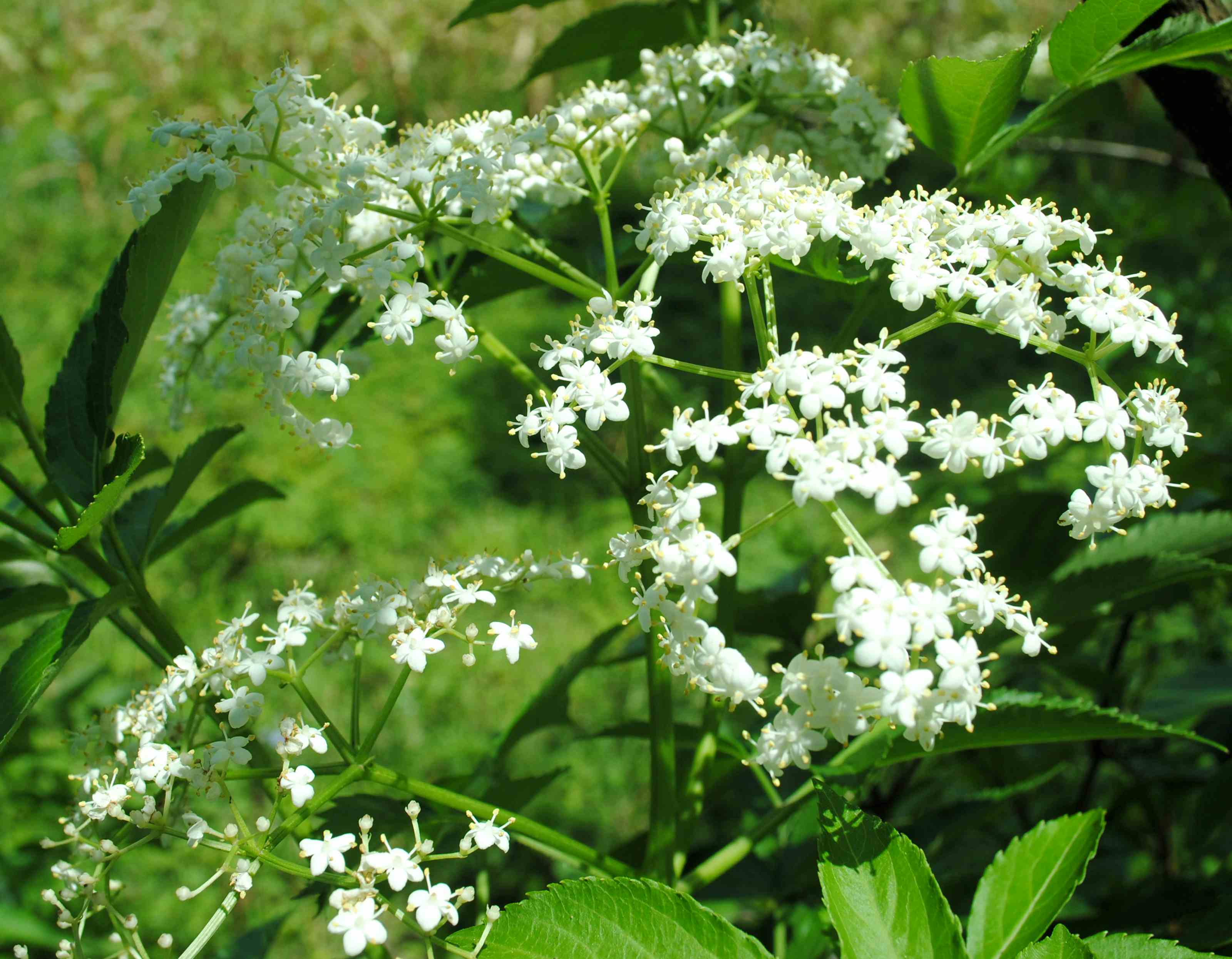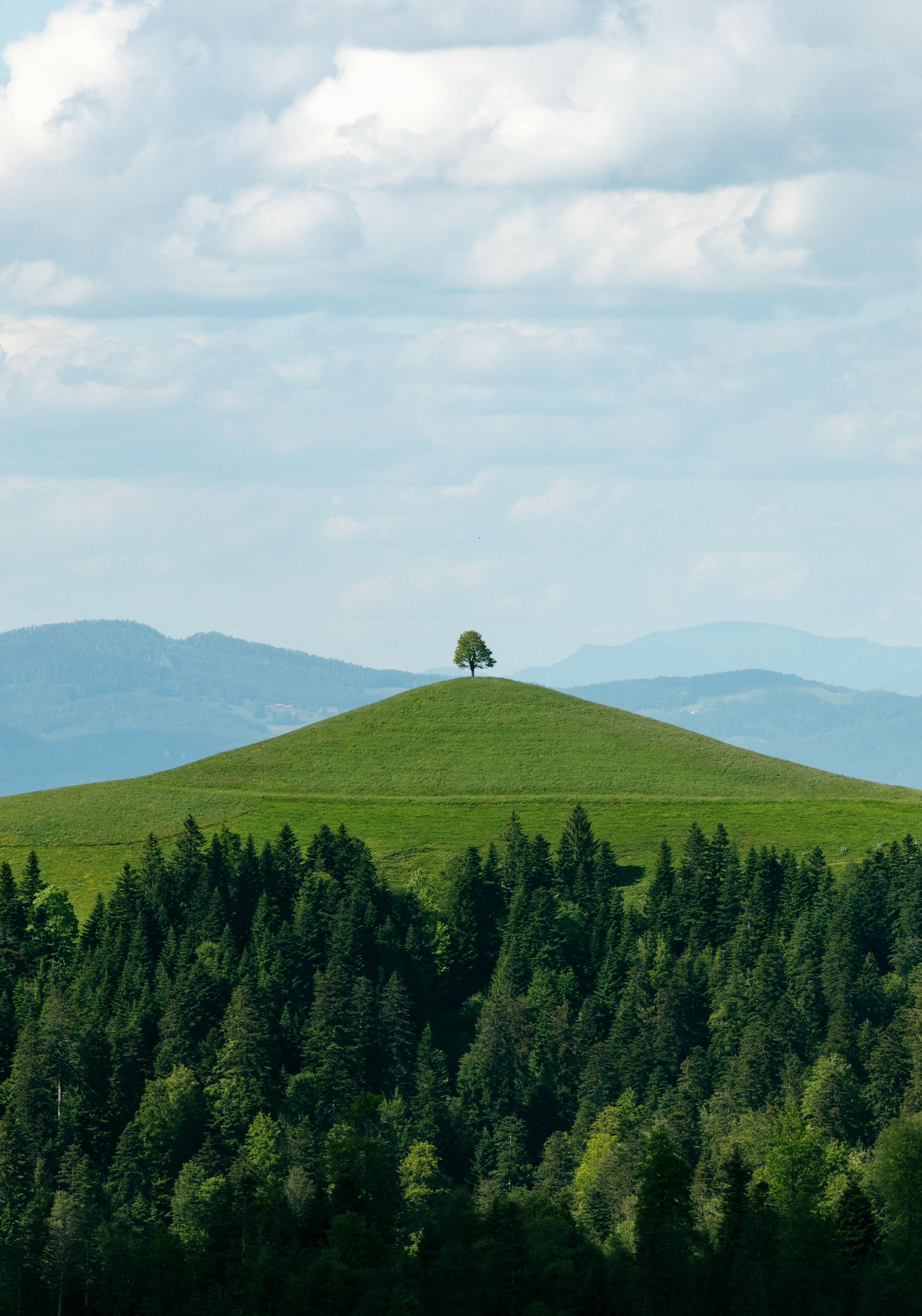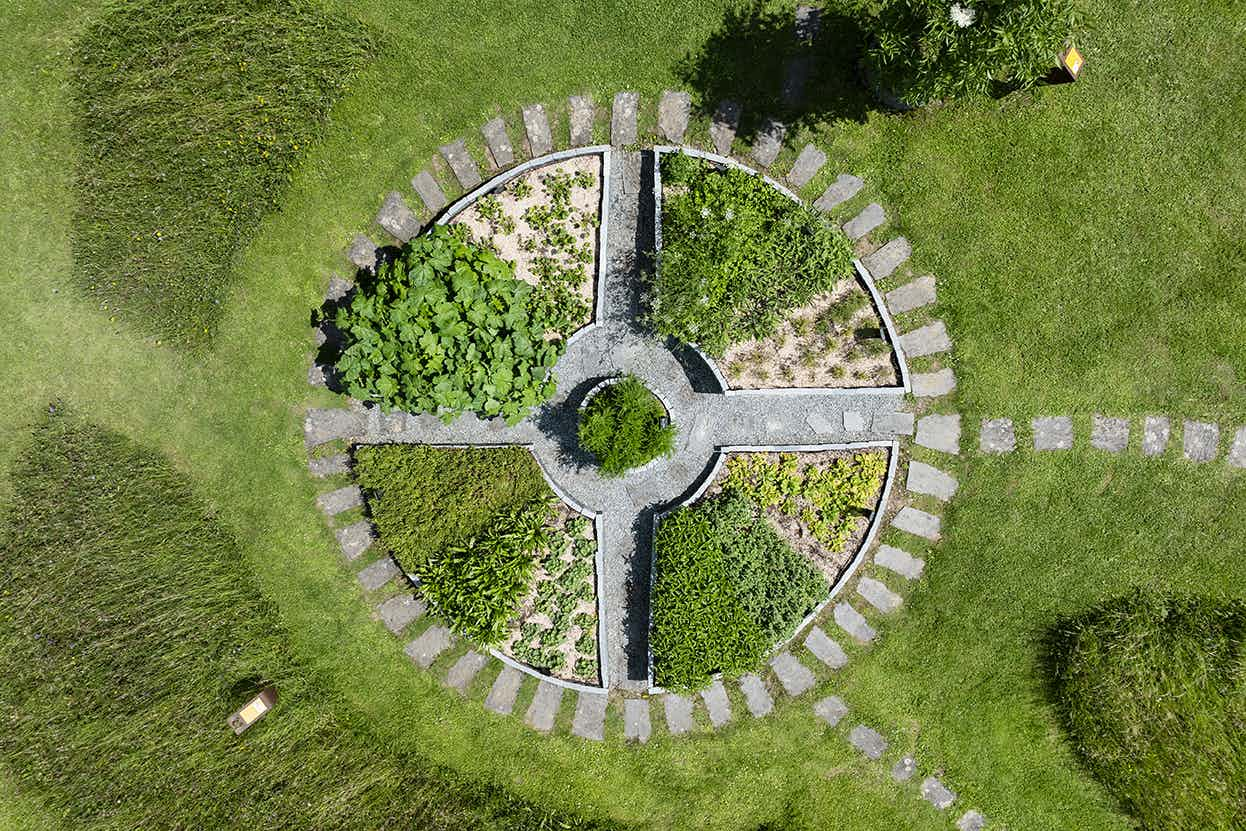Burnet

“Do not judge people by their looks, as humans say. In fact, my roots may be far more impressive than what you see above ground. For they are strong and far-reaching, and efficient in finding water and nutrients."
Versatile benefactor
Burnet's Latin name, Pimpinella saxifraga, means “rock breaker”. Like goats, it loves rocky slopes. There is a simple saying among herbalists: “You know a burnet when the root smells like a billy goat”. So be prepared for a rather rancid smell. On the tongue, however, burnet feels pleasantly tingling.
Burnet seems like a newcomer compared to other herbs that have been used as medicinal plants for thousands of years. It was first mentioned in the 7th century. In the Middle Ages, it was considered a protector against plague. Today burnet is also a popular addition to salads and other culinary creations. When used in aromatherapy, the essential oils of burnet create a delightful sense of comfort. Burnet roots have a lot to give, both for our wellbeing and for our Ricola drops.
Facts and Figures
- 2,300
- Burnet has been found 2,300m high up above sea level.
- Burnet is rich in essential oils, tannins and resins.
- 2,500
- 10,000 sqm burnet plants produce up to 2,500 kgs of dry roots.
FAQ
The content on this webpage is provided for informational purposes only, it does not substitute professional medical advice or seeing a doctor, and it should not be used for any promotional purpose of our products.

